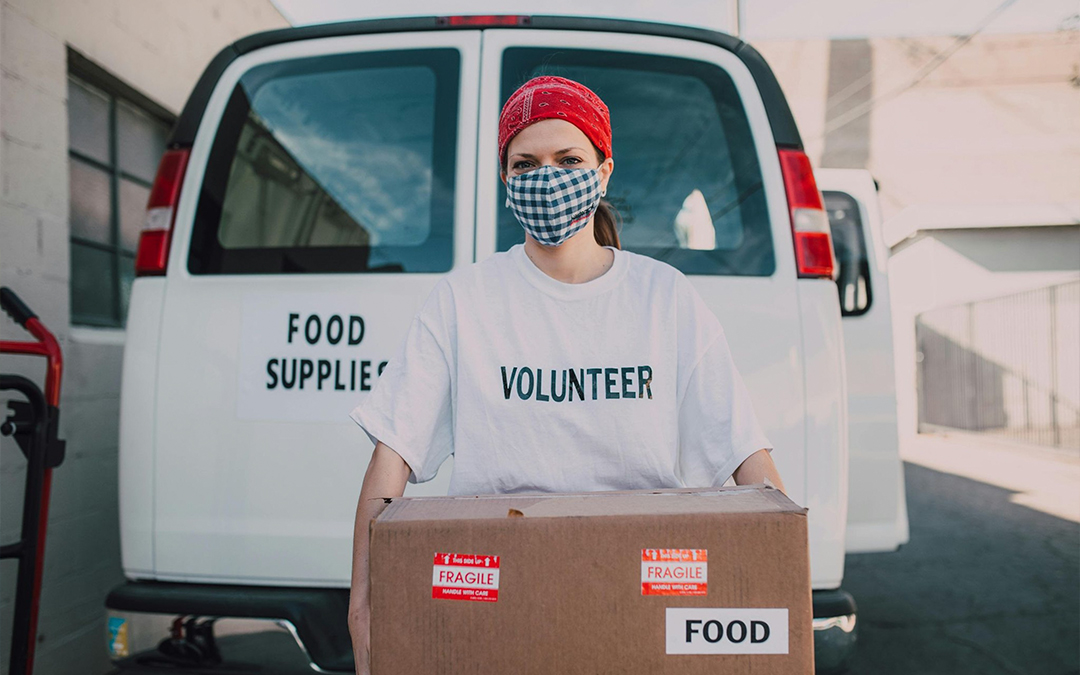Image via Pexels
Every so often, you feel something deep in your bones—an urge to do more, to step beyond the personal and make an impact that ripples through communities. If health and wellness ignite that fire in you, it’s time to explore how your passion can serve a broader purpose. From volunteering your time to influencing public policy, there’s no shortage of ways to stand up for the well-being of others. Advocacy doesn’t require a degree, a title, or a particular paycheck; it requires heart, consistency, and the courage to show up. Whether you’re looking to help one person or one thousand, aligning your energy with a cause you believe in can shift not just lives, but entire systems.
Volunteering to Make an Impact
You don’t need to wear a white coat to make a difference. Volunteering at local clinics, food pantries, or community health fairs places you right where the need is, and offers a window into the everyday struggles people face. When you lend your time, you bring both practical support and emotional care, which can be just as healing as medicine. It also puts you in touch with professionals and other advocates, giving you the chance to learn from them while you serve. If you’re serious about changing the game for underserved populations, this is where you get your hands dirty and your heart full.
Raising Awareness in a Noisy World
In an age where misinformation spreads like wildfire, sharing credible health information is an act of advocacy. Maybe it’s a social media post about the benefits of preventive screenings or a neighborhood forum on mental health resources—either way, your voice adds weight to the conversation. The power of one well-researched, compassionate message can nudge someone toward the care they need or help them make better choices. When you share stories, data, and solutions, you’re not just talking—you’re educating, empowering, and connecting dots that some folks don’t even know exist.
Changing Careers to Serve Underserved Communities
There comes a moment when you realize your current job no longer reflects your values—and that’s okay. Transitioning into a role that addresses health disparities in overlooked neighborhoods isn’t just brave; it’s necessary. Whether you become a community health worker, a social worker, or a public health educator, you’re placing yourself at the heart of the solution. By earning a healthcare degree, you equip yourself to make lasting changes in the lives of individuals and families who’ve historically been left behind. Earning that degree online makes it possible to learn while you work, allowing you to take the next step without upending your life.
Finding Work That Aligns With Your Values
There’s something transformative about going to work and knowing that every hour you log contributes to someone’s well-being. Whether you’re a health coach, a case manager, a therapist, or an environmental health researcher, your job can be your platform. These roles allow you to combine your skill set with your moral compass, creating not just a career but a legacy. If you’re passionate about both stability and service, exploring employment that centers on wellness is a logical and rewarding step.
Starting a Health-Focused Business
Maybe your vision doesn’t fit into a conventional 9-to-5. If you’ve got entrepreneurial instincts, launching a wellness-related business could be your lane. That might look like creating a telehealth platform for rural areas, opening a fitness studio with a focus on marginalized groups, or developing culturally responsive mental health services. A successful business doesn’t just generate income—it fills gaps, addresses inequities, and introduces new possibilities into the lives of people who’ve often been overlooked. With the right mission and a clear plan, your passion can become a tool of transformation for others.
Fundraising to Make a Difference
Sometimes, advocacy means raising the funds that keep essential services running. Organizing a benefit concert, setting up a crowdfunding campaign, or partnering with local businesses to sponsor community wellness programs can go a long way. These efforts translate directly into medication, equipment, therapy sessions, and more for people who might otherwise go without. Not everyone has time to volunteer or the ability to change careers—but if you can rally resources, you become a catalyst for real-world support. You’re not just giving money; you’re giving hope, access, and options.
Changing the Rules to Protect Lives
If you want to zoom out and hit the root of systemic problems, policy work is where you aim. This could mean lobbying lawmakers, writing op-eds, attending town hall meetings, or organizing campaigns around health equity. The goal is to shift the policies that shape access to care, affordability, and safety for whole populations. It’s long-haul work, but every phone call, meeting, and signature adds up. If you’re frustrated by structural injustices, turning that anger into organized action can rewrite the future for thousands.
No matter how you choose to get involved, the goal remains the same—leverage your passion for health to lift others. Whether it’s a weekend gig at a mobile clinic or a full-fledged campaign to change healthcare legislation, your actions carry weight. Advocacy doesn’t have to be loud or flashy; it just has to be real, rooted, and relentless. You already have the fire—now it’s time to direct it toward something bigger than yourself.
Make a difference in your community by visiting Flint Neighborhoods United for the latest events, resources, and initiatives driving local success!






